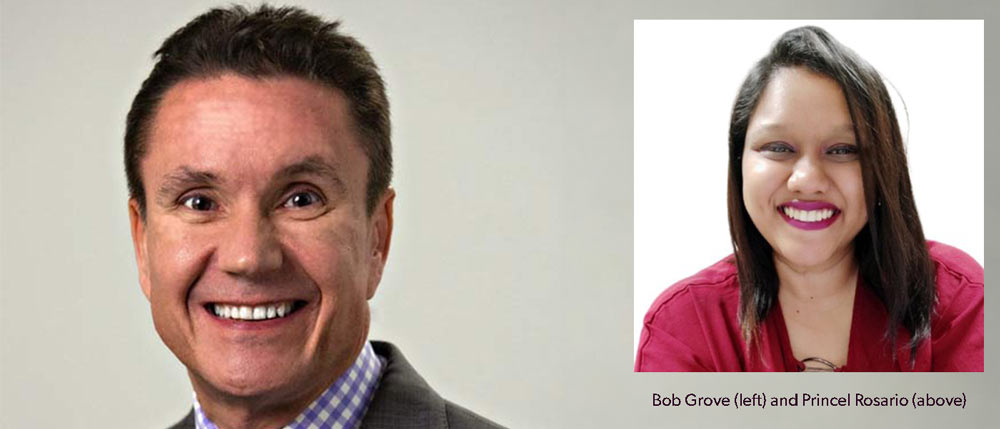Published 14th Apr 2024
Insights from a GWPR Masterclass presented by Bob Grove
Written by Princel Rosario
Renowned negotiator Dr Chester L. Karrass once famously said, “You don’t get what you deserve; you get what you negotiate.” And who better to guide us through the intricacies of negotiation in communications than Bob Grove, the current Executive Director at Workwell Leaders? He has a wealth of experience, particularly highlighted by his tenure at Edelman on a global scale, where negotiating was integral to his work and his passion.

As customary, our session commenced with a brief introduction of Bob and an overview of what he aimed to impart. Little did we know, when we read his learning objectives of ‘feeling more confident and comfortable with negotiation’, that he meant it! We delved straight into exploring our perceptions of negotiation and its associated feelings, such as notions of fairness, intimidation, and the pursuit of win-win outcomes. Bob initiated the session by elucidating that negotiation revolves around managing limited resources.
The most important part we learned in the three negotiation phases was the pre-bargaining phase. It includes information gathering, leveraging evaluation, analysis, rapport building with the other party, and understanding the type of negotiation. This will lead to your strategy or action plan, which includes establishing your goals, discussing and getting approval on what you will concede and what you will not, preparing your pitch and role-playing your scenarios for using different tactics.
Moreover, we absorbed insights into appropriate demeanour upon entering negotiation settings. Echoing Bob’s counsel, “One mouth but two ears” emphasised the significance of attentive listening over verbose communication. We learned that open-ended questions yield more insightful responses than closed-ended inquiries rooted in preconceived notions.
To our surprise, Bob orchestrated an impromptu role-playing exercise, dividing participants into two groups to navigate a negotiation scenario within a time constraint. This interactive activity proved both enjoyable and enlightening, offering firsthand experience to participants, including myself, as the negotiator chosen for my team.
While the negotiated outcome was favourable for both parties, our learning extended to the significance of disclosures and their impact on negotiations. Further exploration led us to grasp the importance of setting targets and understanding concepts like BATNA (Best Alternative to a Negotiated Agreement) and ZOPA (Zone of Possible Agreement). Bob underscored the importance of establishing mutually agreed-upon rules and addressing deviations from them.
In the concluding segment, we delved into best practices and tactics. Noteworthy among them was the advice not to be afraid to play up but also to keep a check on the reaction we get from the audience, refrain from soliciting concessions preemptively, and ensure reciprocity in concessions. Bob’s parting words encapsulated the essence of negotiation: “Always prepare, ask questions, summarise, and listen, as clever arguments are the best negotiators.”
In essence, Bob Grove’s guidance provided us with invaluable insights and strategies to navigate negotiations confidently and proficiently, reaffirming the adage that negotiation skills are indispensable in achieving desired outcomes.






